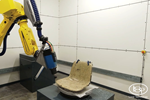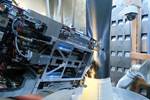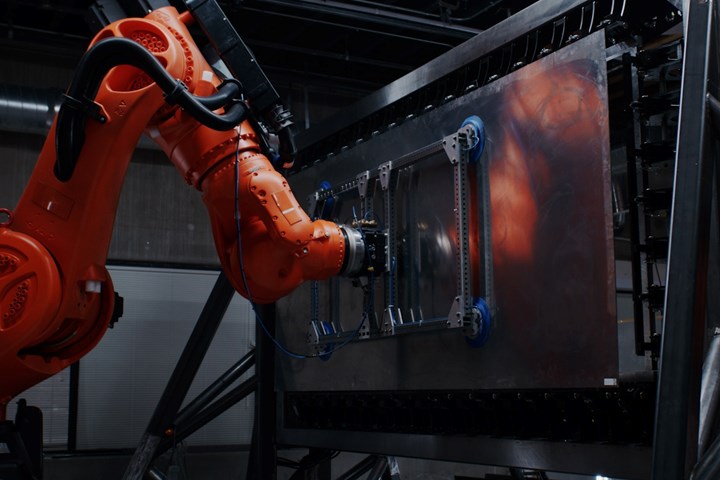Machina Labs secures $32 million to advance AI manufacturing for metals, composites
Latest funds will accelerate research initiatives and meet growing customer demand.
Machina Labs (Los Angeles, Calif., U.S.), which combines AI and robotics
to rapidly manufacture advanced composite and metal products, has announced the closing of a $32 million Series B investment. Latest funds bring the total raised by Machina Labs to $45 million.
The investment will be used to meet accelerating customer demand, to further intensify research initiatives and to continue delivering innovative solutions that exceed customer expectations.
“With their deep heritage in AI and high-performance computing, we are looking forward to Nvidia’s [a new investor’s] support as we further develop our AI and simulation capabilities,” according to Edward Mehr, CEO and cofounder of Machina Labs. ”We are also thrilled to see our current partner, Innovation Endeavors, continue to support our vision.”
With its technology, Machina Labs says facilities no longer need to be tied to specific products, but can now be configured via software to power on-demand manufacturing, and unlock innovation in manufacturing. Machina Labs combines the latest advances in AI and robotics to deliver finished metal products in days.
Innovation Endeavors expect Machina to play an important role in a number of key industrial trends of the next decade including domestic re-industrialization, defense innovation, electrification and commercial space.
Machina Labs says it uses robots the way a blacksmith uses a hammer to creatively manufacture different designs and material, introducing high flexibility and agility. Robotic sheet forming is the first process enabled by Machina’s proprietary manufacturing platform. Using material- and geometry-agnostic technology, the platform is said to outperform traditional sheet forming methods that rely on custom molds or dies.
Related Content
-
IMDEA introduces digital twin for real-time analysis of composite materials production
Newly designed digital twin by IMDEA and Technical University of Madrid researchers enables manufacturers to see inside composite materials as they are being produced, facilitating early detection of faults.
-
Siemens Gamesa, Airborne develop automatic preforming robot system for offshore wind blades
Danish-funded ALMA project furthers collaboration, adds new functionality, advanced sensor systems and digital twinning for reduced man-hours, waste and cost per blade.
-
DLR develops safe, flexible workspaces for robot-assisted manual draping
The EU project Drapebot works on new ways of collaborating with industrial robots for manual CFRP preforming for large aircraft structural parts.

















